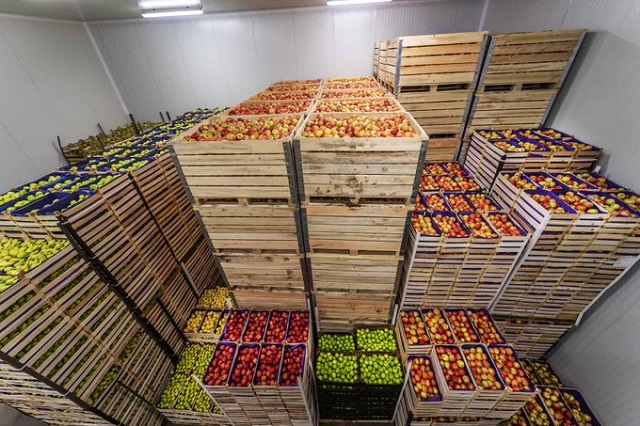
Kampala, Uganda | THE INDEPENDENT | Several African countries are on the way to being declared middle-income economies, with the declaration of some coming sooner than Uganda’s, amidst major disruptions in global trade.
These disruptions include the reorganization of trade routes and partnerships due to the geopolitical situations in Eastern Europe, the Middle East, and between the US and China, high-interest rates for international credit, reforms at global organizations like the World Trade Organisation (WTO), as well as rising powers like India and China on the trade arena.
Amidst all this, Uganda and other African countries are concerned at the slow pace of negotiations at the WTO which would otherwise resolve or make the issues clearer for the low-income countries.
At the 13th Ministerial Conference (MC13) of the WTO which ended in Dubai, UAE early this month, most issues critical to Uganda and Africa were not finalized and their negotiations were referred back to the headquarters in Geneva for further negotiations, according to government negotiators and the civil society.
These included the treatment of countries that graduate from Low Developed Countries to Developing Countries categories, agriculture and food security, agreement of fish and fisheries, the moratorium on e-commerce, and equality in accessibility to dispute settlement procedures.
Jane Nalunga, the Chief Executive Officer at the regional trade promotion NGO SEATINI Uganda, said several of the expected outcomes by the LDCs were not realized, while others were not spelt out.
She complained that while the poor countries are calling for an end to subsidies, especially in Europe and the USA, the farmers there are protesting and calling on their governments to increase the subsidies. She says that this makes trade agreements like the Economic Partnership Agreements irrelevant and dangerous for Africa as they only allow the West to continue producing cheaply and dumping the products into Africa and killing the local industry.
She gave the example of the recent dump of chicken parts by Europe in Cameroon she said has not only killed the poultry industry in West Africa but also the other industries like maize.
She said there was a need for the negotiations to come out with resolutions that support poorer countries like Uganda to benefit from trade.
It comes as Uganda is on the way to being declared a middle-income country, which, while it is good news for the country in terms of investment credibility and other ratings, means that it will forego some benefits that are accorded LDCs under the WTO policies.
Twelve LDCs are on the way to graduating to the higher categorization and the LDC group feared that such countries would face hardships as some preferential treatments in trade, taxation, and aid would be forfeited, according to Christopher Matsiko, the Senior Commercial Officer at the Ministry of Trade, Industry, and Cooperatives.
It is said, for example, that China, the second largest economy in the world after the US, has refused to communicate with the UN and is rejecting the suggestions, that it is a high-income and developed country.
Nalunga adds that there is progress at the MC13 on this in addition to what is happening especially, the time that is given to a graduating country to prepare herself for the bigger stage.
After the country reports that it has moved up, it is given three years to continue participating in the prevailing agreements, after which the rules of the higher category, according to her.
This was at a stakeholders’ meeting on the “Evolving trade policy landscape at National, Regional and Global Levels and its Implications on Uganda’s Quest for Structural Transformation,” basically arising from the WTO Ministerial meeting.
Before the progress from a low-income to a middle-income or developing economy, Uganda is already facing a rough terrain regarding trade and access to international finance.
The country was, for example, recently struck off the AGOA trade initiative for poor countries to export tariff-free to the US, while some international lenders like the World Bank have also suspended future loans to the country.
Uganda is also involved in many negotiations, apart from the WTO, including the EU All but Arms trade arrangement, and the Africa Continental Free Trade Area, among others.
Richard Okot, Assistant Commissioner External Trade in the Ministry of Trade, Industry and Cooperatives urged the stakeholders to first focus on trade within the country and later the region, as they build the capacity to go international.
*******
URN
 The Independent Uganda: You get the Truth we Pay the Price
The Independent Uganda: You get the Truth we Pay the Price





